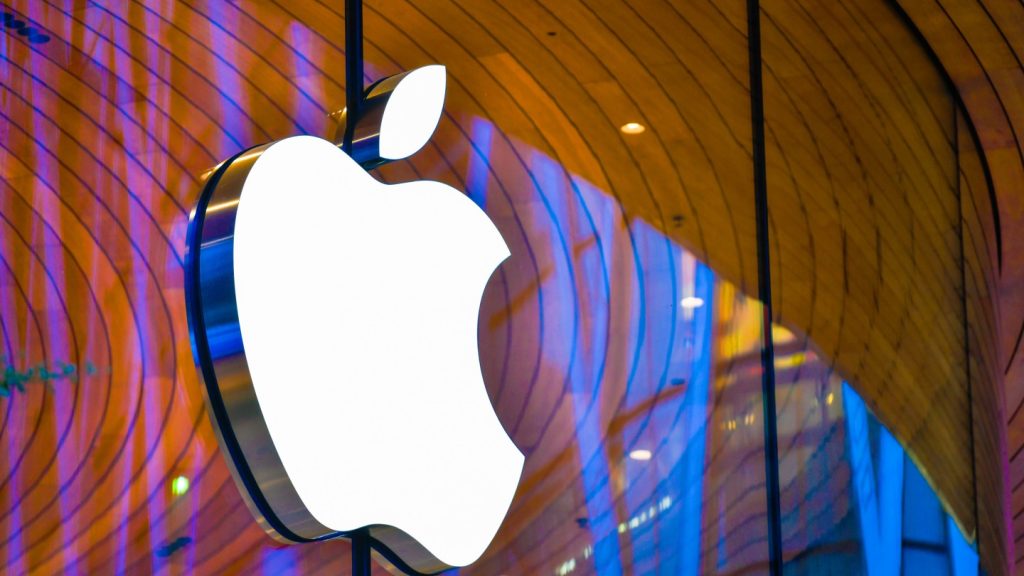
According to Walk Free Foundation, there were 46 million people worldwide enslaved in 2016. This means that many everyday products have been processed by people who are in slavery at some point during production.
Due to the fact that most supply chains have many different steps, as well as spanning different countries, it is difficult to be certain that a given product has not come into contact with slavery of some form.
However, two companies are using technology to address the global issue of slavery in supply chains.
Tradeshift, a cloud-based business network, has partnered with FRDM (formerly Made In A Free World) to develop a platform intended to make it easier for businesses to be proactive in eliminating human trafficking from their supply chain.
FRDM is a supply chain risk management software provider that works with businesses to build awareness and action against modern-day slavery. By partnering with Tradeshift, the company is aiming to make it easier for companies on Tradeshift’s supply chain network to monitor social risks at every level of their supply chain, from raw materials to finished goods.
How the app is stamping out slavery in supply chains
The FRDM-developed app, built on the Tradeshift platform, allows companies to detect the risk of human trafficking in a supply chain using forced labour database analytics in combination with Tradeshift’s supply chain network.
How well do you really know your competitors?
Access the most comprehensive Company Profiles on the market, powered by GlobalData. Save hours of research. Gain competitive edge.

Thank you!
Your download email will arrive shortly
Not ready to buy yet? Download a free sample
We are confident about the unique quality of our Company Profiles. However, we want you to make the most beneficial decision for your business, so we offer a free sample that you can download by submitting the below form
By GlobalDataJustin Dillon, CEO of FRDM explains how the platform works to “analyse purchase data, atomise risks, and protect corporate values”:
“This idea started in 2011 when the organization I founded partnered with the US State Department to build the Slavery Footprint platform, combining product data with consumer purchase data to provide footprints of close to 30 million people worldwide. In joining with Tradeshift, we aim to make these tools available to the world’s most influential corporations. Consumers, investors, and governments expect companies to act on this.”
Although legislation in countries such as the US, UK and Australia requires businesses to provide transparency into their operations by reporting on the actions they are taking to address modern slavery in their business, it is often difficult to act on.
Tradeshift CEO Christian Lanng believes that the complexity of integrating a way of identifying slavery in supply chains into their database is preventing some companies from adequately addressing the issue:
“No company ever says that slavery-based revenue is okay. But companies still don’t take action because it’s just too complicated to marry the analytics with the purchasing decisions. We believe that making this step frictionless is not just a compliance question from a business operations perspective, but, more importantly, a fundamental moral issue. And it’s one that must be resolved. We can help do that and this partnership is confirmation of our commitment.”







